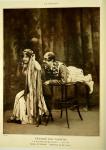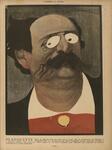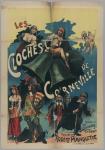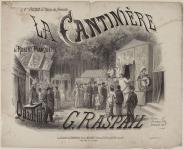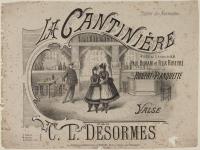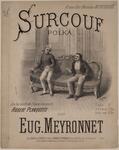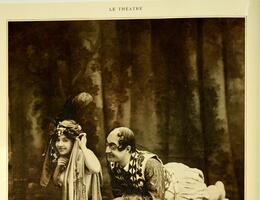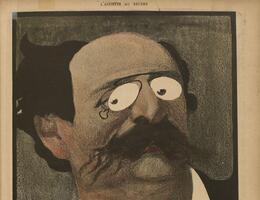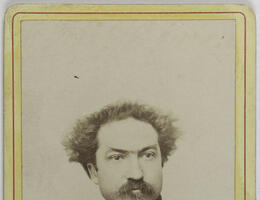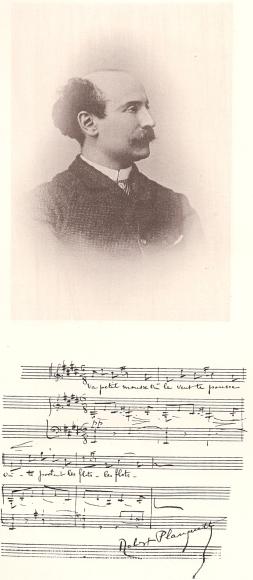
Robert PLANQUETTE
1848 - 1903
Composer
The son of a father who was a sculptor and a mother who had studied singing at the Paris Conservatoire in her youth, Robert Planquette entered that institution at the age of fourteen. He mainly studied solfège under Durand (obtaining a première médaille) and piano under Anthiome. According to the Conservatoire’s registers, the pupil intended “to go into singing” and was expelled from the conservatory in 1869 for poor attendance. He soon made a name for himself, however, in the field of composition: military songs and music which he unfortunately sold outright. In actual fact, Le Régiment de Sambre-et-Meuse was a remarkable success and even became the march played in every French regiment at the end of the century. However, Planquette could console himself on missing out on this fortune with the successes of the short productions he wrote for the capital’s smaller theatres between 1872 and 1876. In 1877, the premiere of Les Cloches de Corneville at the Folies-Dramatiques finally shot the twenty-five-year-old to fame, ranking him among the country’s most prominent composers. With 400 consecutive performances, the piece enjoyed huge success, fuelling the bitterness of Hervé who had been the composer initially earmarked to write the music. Although none of Planquette’s other works ever matched this brilliant achievement – because of fierce competition from works by Audran at the time –, his later opéras comiques were enthusiastically received by the public: Rip (1884), Surcouf (1887), Panurge (1895) and Mam’zelle Quat’sous (1897) are all musical gems by a talented composer who was much admired in France and in London.
Documents and archives
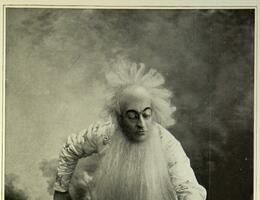
Press illustration, Picture of a scene, Photograph

